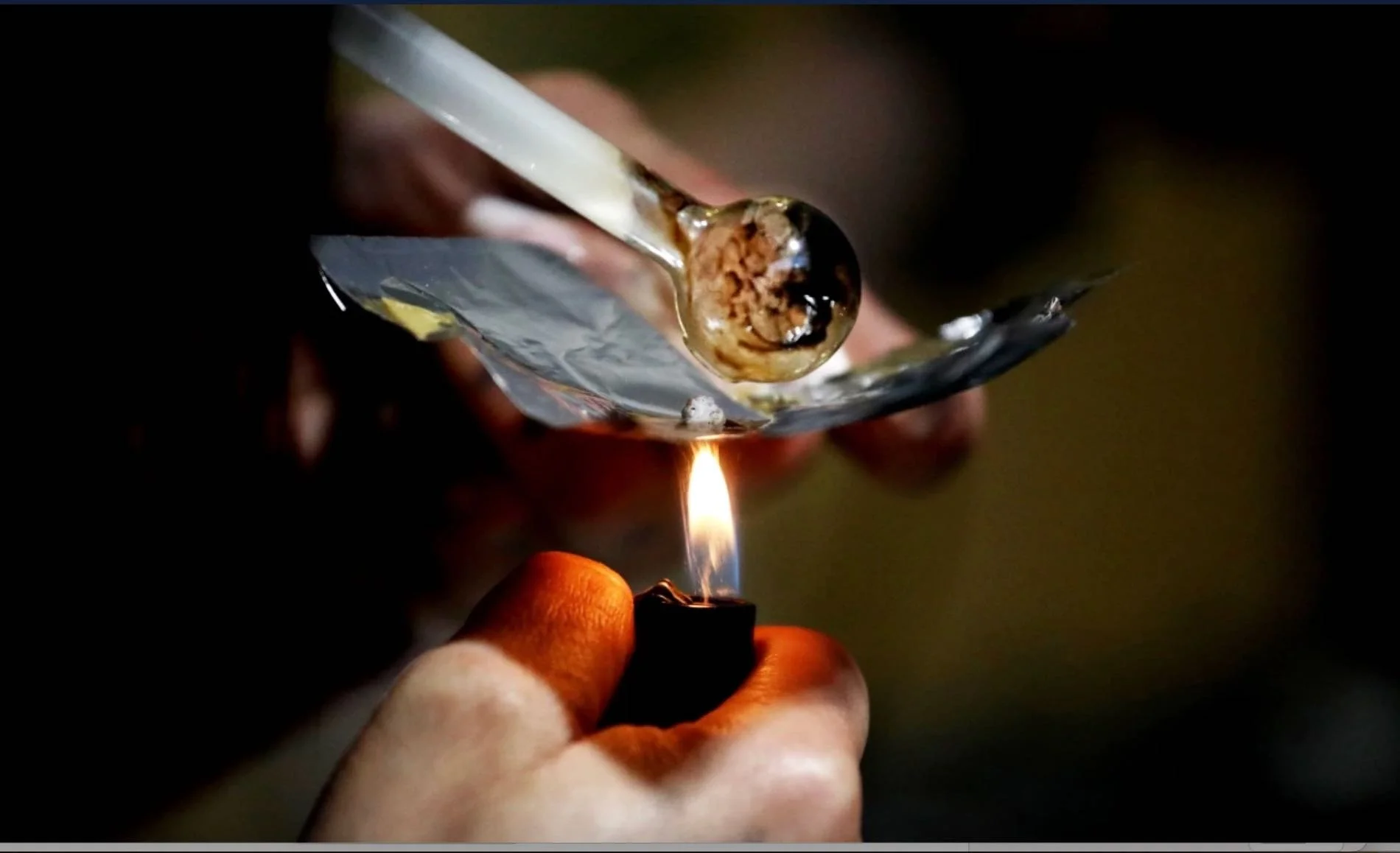The national media has sung dirges for downtown Portland, Oregon, since Antifa and the Proud Boys clashed here in 2020. Spikes in homelessness since COVID and an exodus of small business feed grist to the Portland-Is-Dead rumor mill. Add animal companions poisoned by human addiction and we have a blueprint for commerce through which few would brave with their pets.
A Northwest Portland animal hospital reported three dogs overdosed on fentanyl in the past month. At least one ingested the drug while walking downtown with its owner.
“Fentanyl is fast-acting, and it can have really severe, even fatal consequences for pets,” Tess Payne, director of community engagement at DoveLewis Veterinary Emergency Hospital in Northwest Portland, told local NBC affiliate, KGW. “It may be they actually ate the product or they ate some bodily fluids from somebody who ingested it recently,” Payne said. The vets were able to revive them with Narcan.
“It’s a fairly common occurrence — whether it’s fentanyl or ingestion of prescription medication — it is a daily occurrence for us to have dogs who have gotten into household items.,” Payne said. “It might be prescription medication, over-the-counter medication, we see quite a bit of marijuana ingestion.”
Symptoms of toxic ingestion include decreased respiratory rate, discoordination, difficulty walking and seizures. These can arise within 15 minutes of exposure. Fortunately, vets have gained experience in treating affected animals since dogs began digging fentanyl patches prescribed to humans out of the trash.
Pet parents and dog walkers responded with extra doses of vigilance. “It only takes a second or two for a dog to see something it might be interested in and really quickly get it before you even realize it,” said Alexa Harris, a professional dog walker in Portland. “I'm definitely going to make sure I’m looking out for my dog now walking on the street,” added Liam Mireles.
As in major cities across the U.S., fentanyl use exploded over the past year because of its potency, low cost and accessibility. Fentanyl is often “cut” with other addictive drugs including heroin and methamphetamine. Public use of the drug in Portland skyrocketed since the November, 2022 passage of Oregon State Measure 110. The Drug Addiction Treatment and Recovery Act decriminalized possession and public use of small amounts of hard drugs based on the idea that moneys saved from prosecution and incarceration would be applied to treatment and recovery. Critics trace the downtown concentration of open fentanyl use and resulting public (and, now, animal) health crisis to the passage of 110. Proponents claim that the full benefits of the measure have yet to be achieved due to incomplete funding.
Last week, the Portland City Council voted to ban the use of hard drugs, including fentanyl, on public property. However, state backing will be required to enforce such a ban. Oregon Governor, Tina Kotek, had vowed to address this issue in next year’s legislative session.
Meanwhile, patrons and residents of downtown should avoid areas of known open drug use and steer their pets away from drug paraphernalia. An errant piece of tin foil could harbor fentanyl residue. A few grains the size of a pinhead could kill someone’s furry family and best friend.

